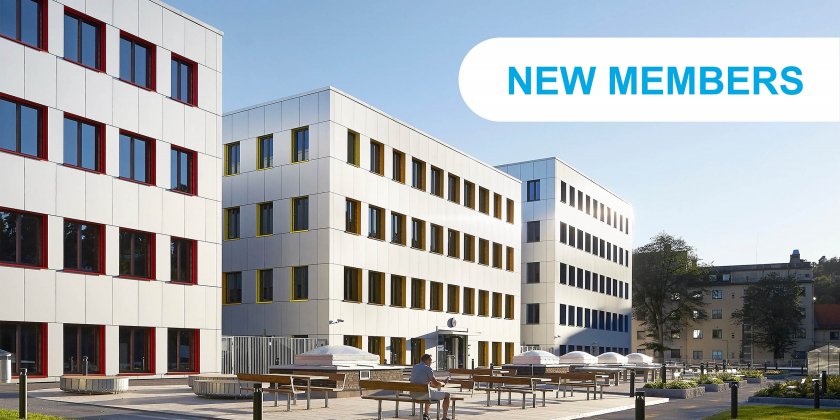New member: Ledidi
In this article series, we will introduce the new members that have joined our oncology ecosystem in the last six months. Follow us for a new article next week!
One of the latest additions to our cluster organisation is Ledidi, a Norwegian technology start-up that wants to revolutionize how data is processed in clinical research.
Ledidi was founded in 2016 by three software engineers and two academic clinicians in cancer research. The company has since then developed a software solution that will help hospital personnel and medical researchers to sort, organise and analyse real-time data.
We talked to Jakob Markussen, VP Business Development and Sales at Ledidi, to learn more about how they are changing the field of cancer and why they wanted to belong to Oslo Cancer Cluster.
Could you briefly describe Ledidi and the role it is taking in cancer?
“Ledidi AS has developed and is marketing Prjcts, which is an end-to-end software solution designed for clinical research. Ledidi was founded in 2016 by three software engineers and two academic clinicians with long track-record within cancer research, cellular immunology and cancer surgery. Prjcts is a cloud-based solution that integrates data registry with statistical analyses and table and graph production in one package with a user-friendly interface. Pjrcts is an ideal cloud solution for all kinds of collaborative research projects from small internal quality registries to multicenter international studies. By integrating the complete workflow, Prjcts provide a platform that enables all project members to take part in the data analysis and presentation, and not only data acquisition,” said Markussen.
Why did Ledidi join Oslo Cancer Cluster?
“Oslo Cancer Cluster represents a unique partner for an exchange of expertise, partnership and networking. The spectrum of companies, institutions and organizations that Oslo Cancer Cluster brings together gives Ledidi a valuable opportunity to contribute to cancer research and stimulate research collaborations,” said Markussen.
- To learn more, please visit Ledidi’s official website.













